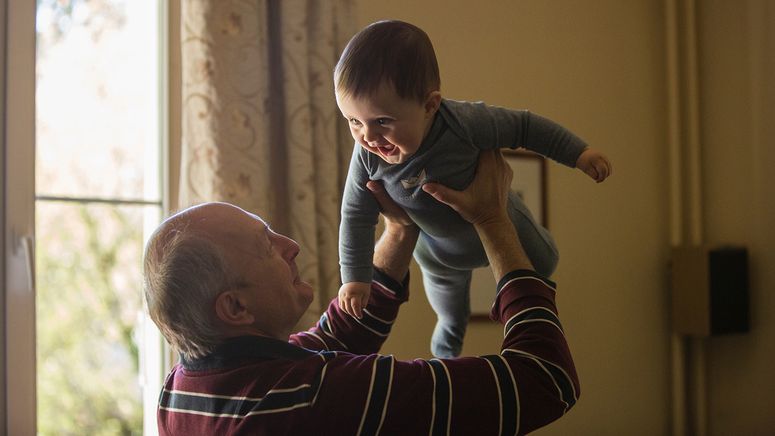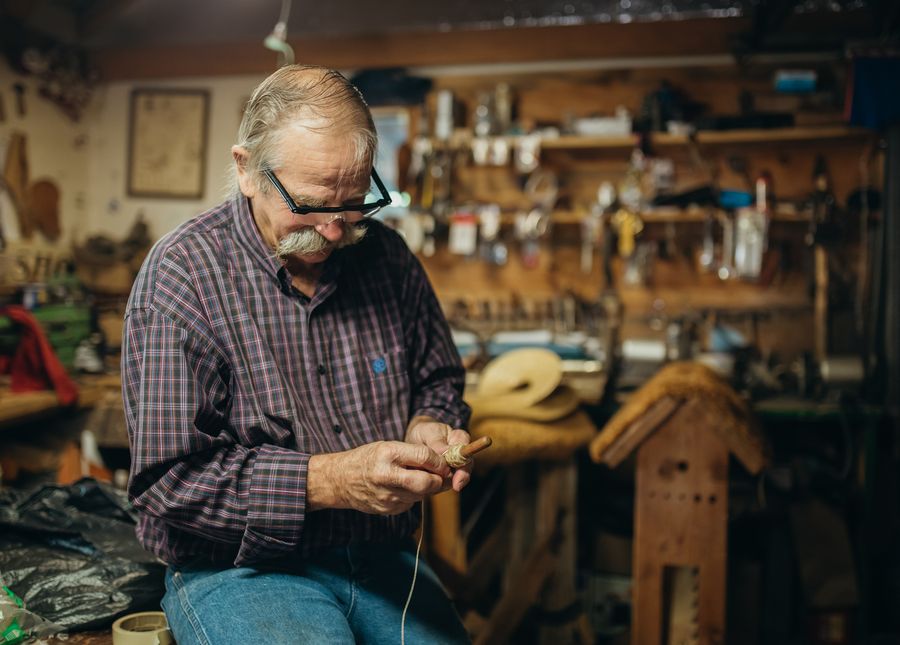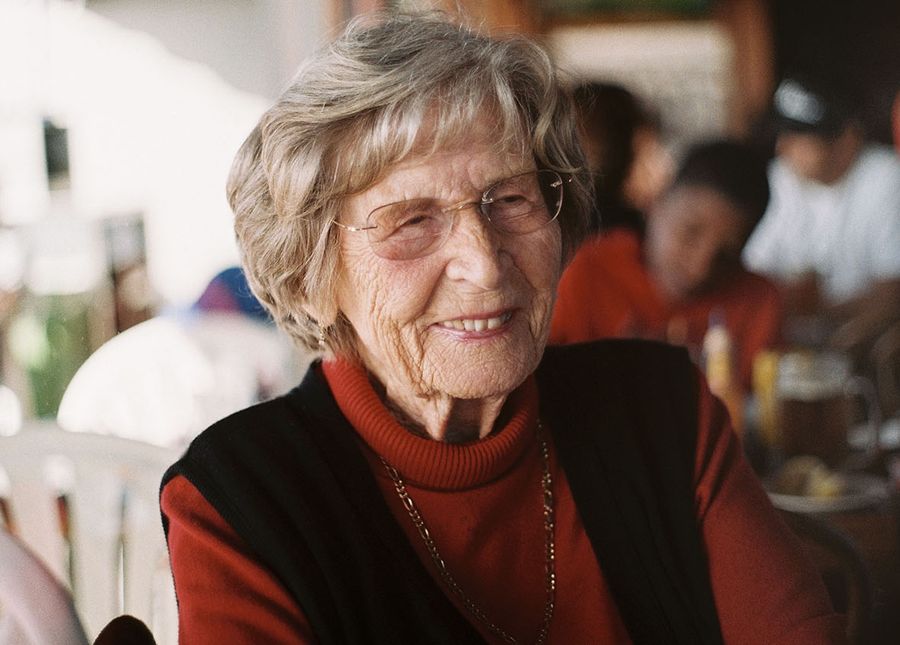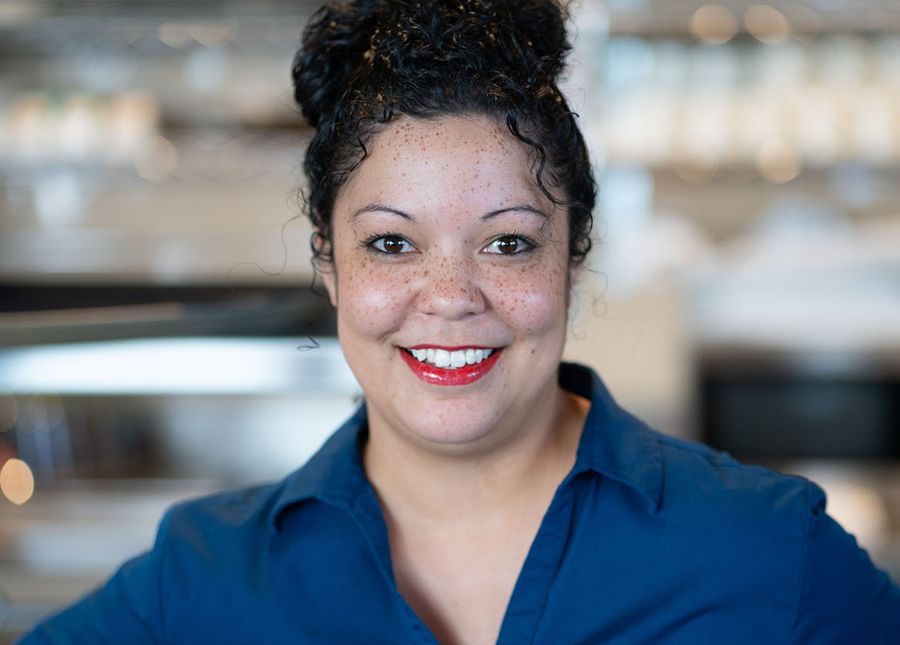We all know that a sense of purpose is important for creating a meaningful life, and nowhere is that more important than in residential care. Residential care can trigger a crisis in our elders, when their sense of purpose and independence is suddenly uprooted by a move to a facility that literally takes care of their every need. For an adult who has lived a full and independent life, residential care means a surrendering of many of life’s responsibilities - and far from being welcome, this can provoke feelings of uselessness.
At Regis Residential Care, one of Australia’s leading providers of aged care, National Lifestyle Manager, Tim Phillips, has developed a new way to engage with residents. Regis’ newly launched lifestyle programs aim to bring forth residents’ talents and interests to help them flourish in an environment in which many of their daily activities have to be carefully managed for risk and health concerns.
Tim says, ‘No one chooses to go into aged care. And it is often very difficult for some people to accept that they need residential care. But our role is to identify what’s been important in their lives and help build out a picture of what a great and fulfilling life looks like for them.’
Regis has developed a Lifestyle Assessment that aims to ease the transition for all residents and help them find purpose and enjoyment in their new circumstances. Tim says, ‘When a new resident comes in we do an assessment that delves into their spiritual, social, cultural and emotional needs. We then use that assessment to develop programs based on the resident’s abilities.’ This assessment is undertaken with the resident themselves, or, if they are non-verbal or otherwise impaired, with a close family member who can help articulate their needs.
Beyond the initial Lifestyle Assessment, Regis conducts bi-monthy Wellness Checks of residents, to ensure that they are getting their needs met. Tim says that residents most keenly wish to do the things that make them feel connected to their old lives, whether that’s just going to the beach and taking their shoes off in the sand, or in one case, to just sit in their old tractor for a little while. And for non-verbal or otherwise impaired residents, Regis aim is the same. Tim says, ‘Our residents all have different abilities but we can work together and with family to come up with creative and appropriate ways to meet our residents’ needs.’
Tim says, ‘Since we rolled this approach out in September last year we have noticed both dramatic and subtle positive changes in the residential community. Across the board the community is more settled, peaceful and content. We have one gentleman who has cooked his whole life and he just really wanted an opportunity to make pasta sauce. And while yes, we do have to assess the risks, we also have to move towards the benefits. And for that resident, the benefit was huge, he was delighted to be doing what he loved.’
Tim says the Regis approach moves away from assumptions about what elders may want to fully engage them in creating the best lifestyle they can achieve in care. ‘It puts them in the driver’s seat of their lives again, and that has a powerful effect on their emotional and physical health.




